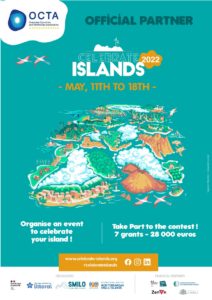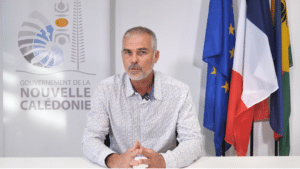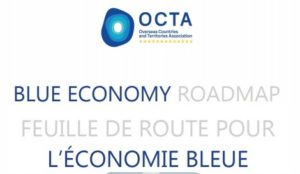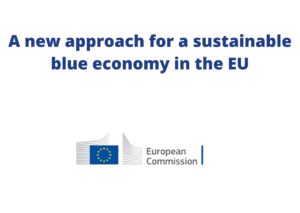Small island economies are characterized by a dependence on natural resources (in particular for fossil energy), and by some specific difficulties in the distribution of energy (access to the power grid). Each OCT takes this natural constraint into account in its energy policy and, in particular, makes sure it uses its natural assets in the best possible way (wind, sun, biomass and water generated energies).
One of the main priorities of the EU-OCT partnership is to enhance OCT competitiveness, strengthen OCT resilience and promote cooperation. In this context, OCTA conducts a yearly review on renewable energy, to monitor how OCTs maintain the momentum to adopt green energy policies and attain the common green growth objectives.
Given their insularity, OCTs are limited by geographic constraints, which also represent a barrier to the import or export of energy. Next to energy captivity, storage is a major challenge for OCTs. Demand side management calls for different solutions in an OCT island environment as compared to mainland Europe. Consequently, the cost of energy storage is also a frequent problem.
Access to basic energy services is recognized as a key factor to improve living conditions of isolated population. Such access allows for better comfort, favours creation and increases income generating activities. It also improves quality of health and education, facilitates access to information as well as putting the rural exodus on hold. In a way, it is the basis for a sustainable economic and social development. The development of the energy sector in the island countries in general is facing structural constraints such as lack of fossil energy resources leading to a high dependency on imported hydrocarbon fuels and low level of energy demand. Scattered population makes electrification programmes expensive and sometimes not practical. Some of the issues OCTs face are:
- Vast geographical distribution
- Different sizes of population, economies and morphological landscape
- Different climatic conditions, RES resources
- Different Technical and Infrastructure constraints (grids, power plants, accessibility, etc.)
- High energy cost and heavy dependency and high daily and seasonal electricity peaks
- Variety of OCTs policies on RES development and variety on electricity tariffs
- Variety of both mature and emerging RES technologies
Despite a traditional reliance on fossil fuels, which exacerbates the economic vulnerability of the islands by exposing them to the volatility of the prices of petroleum products, most OCTs have started actions in favour of a clear shift towards renewable energy, as well as improving energy efficiency in general.
Renewable energies play a major role in tackling the specific challenges of energy in the OCTs. The island environment is also ideal for testing applications and energy policies on a wide scale: as a living lab for smart grid applications, electrical driving, medium sized solar projects, updates on wind performance and energy saving for island households and businesses.





















